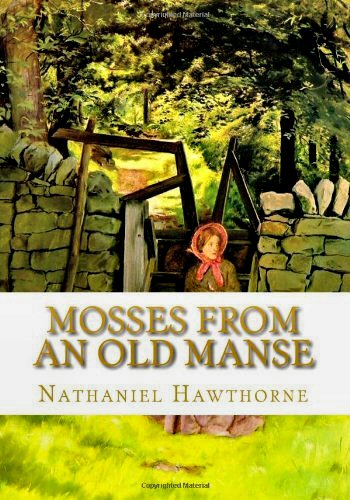The first assignment for the Fantasy & Science Fiction course I’m doing was on The Grimm Brothers’ Household Tales. For the assignment we were asked to “Please write an essay that aims to enrich the reading of a fellow student who is both intelligent and attentive to the readings and to the course. Each essay should be between 270 and 320 words.”. This is mine:
“We will remember and reward thee” is the central message of not just The White Snake, but many other tales in Household Stories. Doing good deeds is rewarded, often in unexpected ways, whereas being uncharitable, mean-spirited, or unjust will get the opposite response. This is clearly shown in stories which contrast the actions of one character with those of another in the same story. The step-daughter shares her food with the three men and sweeps for them. Her step-sister reacts much differently, and both receive gifts. One is rewarded, the other is punished.
This theme of just rewards is not always so simple. Hans, in Hans in Luck, may be seen by readers as acting foolishly and making bad trades so that he ends up in a worse situation than when he started. However, he does not see it that way; he is rewarded by acting honestly and thus remains happy. Contrast that with the wife in The Fisherman and his Wife. Nothing satisfies her, and in demanding greater and greater rewards for her husband’s good deed, she ends up with nothing.
In some cases the tales tell of good deeds that are rewarded; others suggest that sticking to the rules and regulations will see you right in the end. The Goose Girl makes the best out of a poor situation. By doing what is morally right she is restored to her rightful position and the waiting-woman who had stolen everything from the princess is punished.
On occasion smart thinking rather than obedience is valued. Clever Grethel is not the most obedient servant; she steals from her master but her wits and brains are rewarded. Similarly, the tailor exaggerates with his “seven killed with one blow” boast, yet he succeeds in his endeavours because he acts bravely and cleverly.
Ultimately these tales reinforce socially acceptable behaviours and values.
Peer responses: We then has to grade & write comments on five other essays, and today we got our grades and responses back. I got a 4. Which is totally average, but only two comments, and they don’t seem to be all that illuminating. So I don’t know… maybe people who signed up didn’t do the peer reviews, or there was a technical glitch. Hopefully that’ll be sorted for the next time.
Feel free to leave a link to your essay if you are doing this course.





Thanks for your note and sharing your essay! This theme of rewards and justice is a good one because it is the kind of thing that will come up over and over again in all the stories we read for class, I suspect – it is one of those universal questions, since of course our actions DO have consequences in the real world… but the fantasy world lets us explore consequences for those actions, good or bad, that we would be crazy to expect in real life… but which might have some message to tell us if we stop to think about it. I am reading Dracula right now and just got to the part where Lucy has died (although I guess she is not quite dead really, since Van Helsing is very worried about that coffin and her corpse!)… and reading your essay got me to stop and ask myself, hmmmm, just what did Lucy do to deserve such a dreadful fate? That will be a good question to keep thinking about as I see what now happens to her corpse! (eeek!)
Laura Gibbs´s last blog post ..The Lion and the Unicorn: An Aesop’s Fable from Medieval England
It is interesting to read each story thinking about the points raised in previous stories.
I'm quite enjoying Dracula, more than Alice which didn't really *do* anything for me.
Hello Fency! You may not know it, but I'm here almost every day checking your blog… it's just I've been so lax when it comes to commenting. Anyway, that was a good essay! I haven't read this particular book, but this thought occurs to me: It seems that most fairy tales–or stories of any kind, really–reward the righteous and punish the wicked. I think one reason we humans do this with our stories is because the world seems so unjust. In real life, the wicked don't always get punished, the righteous don't always win. Sometimes the exact opposite happens. It's a way of trying to rein in what can't be controlled, and correct what we think is wrong. I'm getting a heavy dose of this right now, rewatching Supernatural! :) I hope all is well with you! xo
Kelly´s last blog post ..This one IS a love song
Yeah, we like the idea of the good being rewarded and the bad being punished even if we know that it often doesn't happen in real life.
**waves** hi Kelly!!!
Latest season of Supernatural has just started here, I'm recording them so will have a big ole session at some point.
We're currently on season 3! It's been so long since we've seen them that they feel relatively new, and we can still laugh and cry with the Boys, and even get surprised occasionally. We haven't seen season 7, and it won't be released to DVD here until September. That should hopefully give us time to get through the previous seasons… It's SO much fun to watch them again.
Kelly´s last blog post ..This one IS a love song